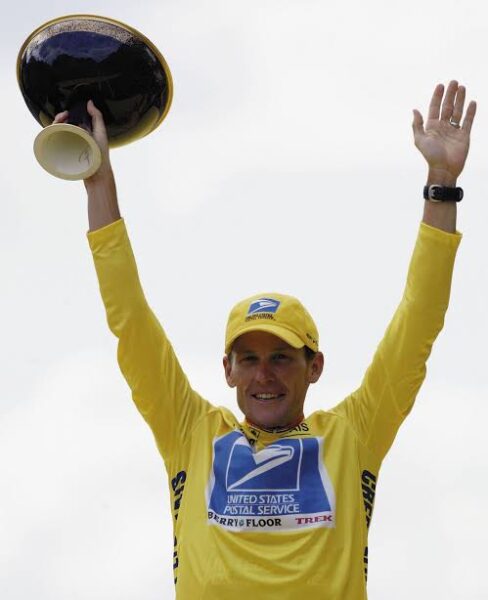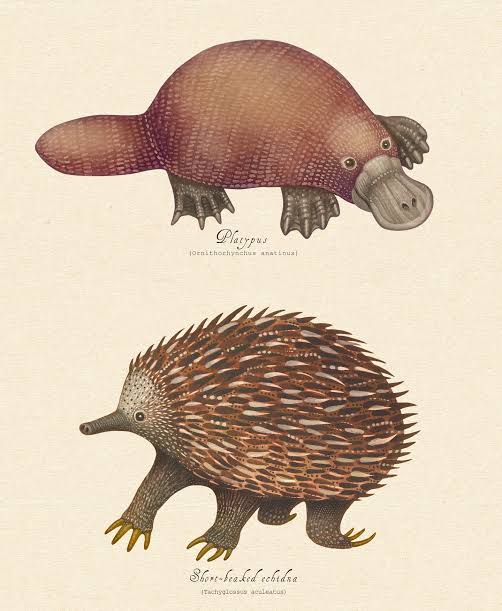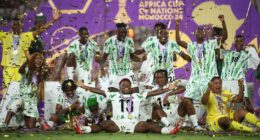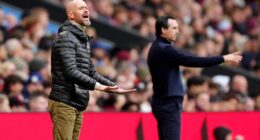 From 1999 to 2005, Lance Armstrong stood atop the cycling world, winning the Tour de France—the sport’s most prestigious and grueling event—seven consecutive times, an achievement that had never been accomplished before. For years, he was celebrated not only as a cycling champion but also as a symbol of hope and perseverance, having returned from a life-threatening battle with cancer to dominate his sport. However, Armstrong’s legacy would later unravel in one of the most dramatic and far-reaching doping scandals in sports history.
From 1999 to 2005, Lance Armstrong stood atop the cycling world, winning the Tour de France—the sport’s most prestigious and grueling event—seven consecutive times, an achievement that had never been accomplished before. For years, he was celebrated not only as a cycling champion but also as a symbol of hope and perseverance, having returned from a life-threatening battle with cancer to dominate his sport. However, Armstrong’s legacy would later unravel in one of the most dramatic and far-reaching doping scandals in sports history.
This is the story of his rise to glory, his fall from grace, and the complex legacy he leaves behind.
Lance Armstrong was born on September 18, 1971, in Plano, Texas. From a young age, he displayed exceptional athletic talent and a fiercely competitive spirit. He began his career in triathlons, winning national championships as a teenager before focusing fully on cycling.
By the early 1990s, Armstrong had joined the professional cycling ranks, riding for Motorola and later for other international teams. He won several early races and quickly developed a reputation as a promising young rider with a particularly aggressive style and immense stamina.
In 1996, Armstrong was diagnosed with advanced testicular cancer that had spread to his brain, lungs, and abdomen. The diagnosis was dire, with doctors initially giving him less than a 50% chance of survival. He underwent surgery and an aggressive course of chemotherapy, including a highly toxic regimen tailored specifically to avoid damaging his lungs—a critical factor for a cyclist.
Against the odds, Armstrong not only survived but made a remarkable recovery. By 1998, he was back on the bike and preparing for a return to competitive cycling. His story of resilience and strength made him a media sensation and an inspirational figure around the world
In 1999, Armstrong began what would become an unprecedented run of dominance in the Tour de France, winning that year’s race and every subsequent edition through 2005. His victories came on the back of a combination of tactical brilliance, raw power, and a deep understanding of race dynamics. He was particularly strong in the mountain stages and time trials—two of the most demanding aspects of the Tour.
Armstrong rode for the U.S. Postal Service (and later Discovery Channel) teams, supported by an elite group of riders known as “domestiques,” whose job was to help him conserve energy and control the pace of the race. Under the guidance of team manager Johan Bruyneel, Armstrong’s team operated with military precision.
Each year, Armstrong’s victories were seen not just as athletic triumphs but also as victories over adversity. His personal story and his creation of the Livestrong Foundation (which raised millions for cancer research) helped turn him into a global icon, transcending the world of cycling.
Despite his success and popularity, rumors of doping followed Armstrong throughout his career. Cycling during the 1990s and early 2000s was plagued by performance-enhancing drug (PED) use, and many top riders were either caught or implicated. Armstrong, however, consistently denied any wrongdoing and aggressively defended himself against accusations. He passed hundreds of drug tests during his career and often cited this as proof of his innocence.
However, a growing number of insiders—including former teammates—began to come forward with allegations that Armstrong had used EPO (erythropoietin), testosterone, cortisol, and blood transfusions to boost performance. Reports and investigations began to pile up, and suspicion intensified.
In 2012, the United States Anti-Doping Agency (USADA) released a comprehensive report following a multi-year investigation into Armstrong and the U.S. Postal Service team. The report included testimony from 11 former teammates, all of whom admitted to doping and described an elaborate, systematic doping program that Armstrong had allegedly led and benefited from.
USADA called it “the most sophisticated, professionalized and successful doping program that sport has ever seen.” The report concluded that Armstrong had used PEDs throughout his Tour victories and had coerced teammates to do the same.
In response, USADA stripped Armstrong of all seven Tour de France titles and imposed a lifetime ban from professional cycling. The Union Cycliste Internationale (UCI) and other international sports bodies upheld these sanctions, and Armstrong was officially removed from the record books.
For years, Armstrong had vehemently denied doping, often attacking his critics and filing lawsuits against accusers. However, in January 2013, in a highly publicized interview with Oprah Winfrey, Armstrong admitted to using performance-enhancing drugs during all seven of his Tour victories. He described his doping as “part of the job” during an era when many top cyclists were doing the same.
The confession was a stunning reversal and triggered widespread condemnation. Sponsors, including Nike and Trek, severed ties. The Livestrong Foundation distanced itself from its founder. Armstrong lost millions in endorsements and settled several lawsuits related to his deception.
Lance Armstrong’s story is one of the most dramatic and controversial in the history of sport. His athletic accomplishments were extraordinary, and his battle with cancer inspired millions. Yet, his decision to cheat—and his years of denial and intimidation toward whistleblowers—cast a long shadow over his legacy.
Today, Armstrong remains a polarizing figure. Some view him as a fallen hero who succumbed to the pressures of a corrupt system; others see him as a symbol of betrayal and arrogance. In the years since his confession, Armstrong has sought to rebuild his public image, participating in podcasts, documentaries, and public discourse around doping in sports. He has expressed regret but also defended some of his choices as being a reflection of the era he competed in.
Lance Armstrong’s rise and fall is more than just a sports story—it is a cautionary tale about ambition, integrity, and the costs of winning at all costs. His seven Tour de France victories, once seen as the pinnacle of sporting achievement, have been erased from the official record. Yet the impact of his saga continues to shape the world of professional cycling, athlete accountability, and the ongoing fight against doping in sport.








